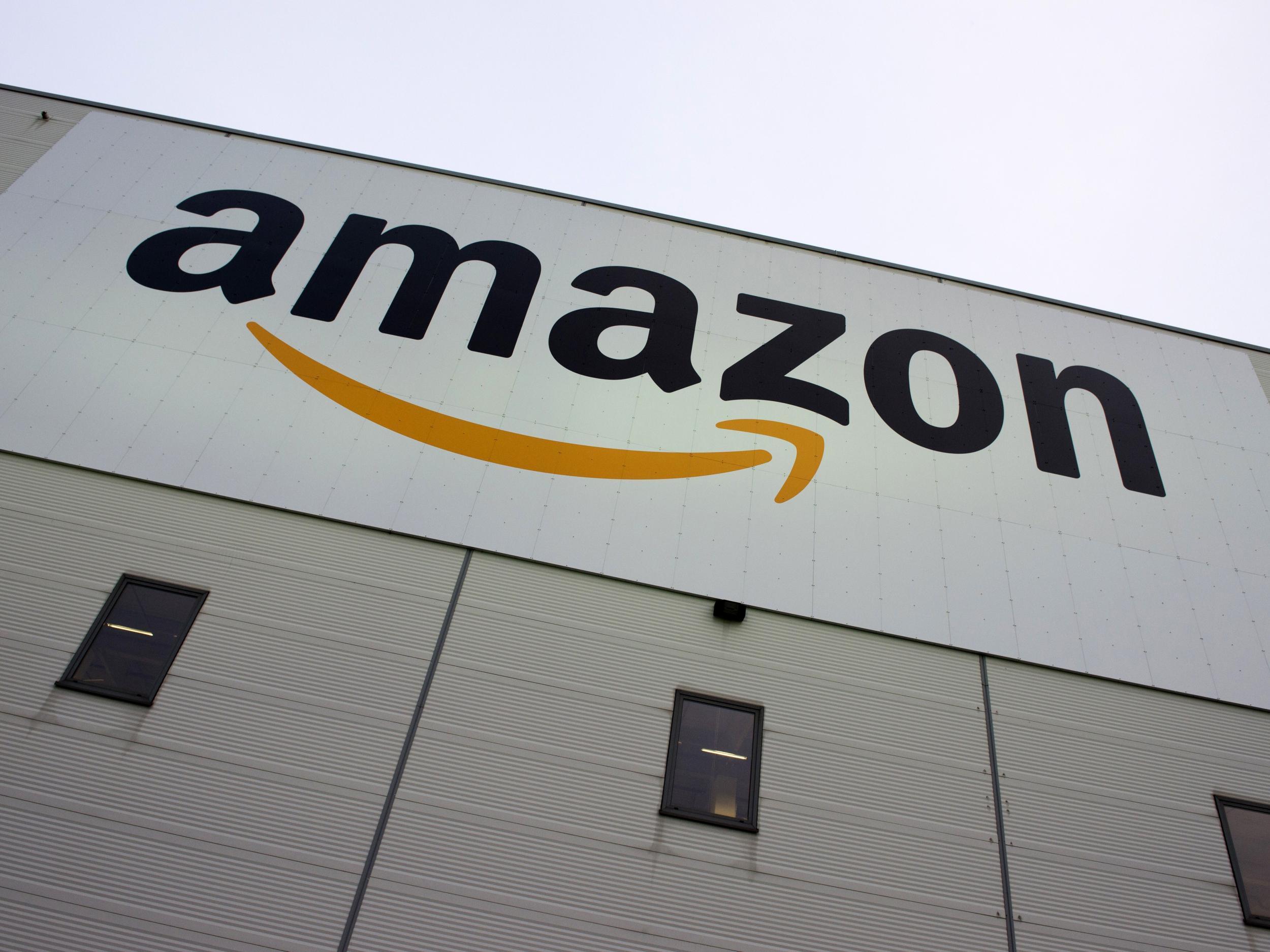Amazon's Dash comes with a sting in its tail
The service aimed at the cash rich and time poor could create an awful lot of extra deliveries

Is the British shopper lazy enough to make Amazon’s Dash a success?
The internet retailer doesn’t give much away in terms of numbers when it comes to how innovations like Dash are doing. But enough shoppers in markets where it has been trialled have clearly proved lazy enough to adopt it to make it worth putting Dash on the starting blocks here.
In case you haven’t been caught by the skilfully orchestrated launch hype, it works like this: members of Amazon’s Prime subscription delivery service buy a button for £4.49 which they attach to the wall or to a shelf near to wherever it is they store the relevant product. When they're running low, they press it, and hey presto the replacement appears within a day or so.
There are a lot of cleaning products and bathroom kit among the first 48 products on show, but you’ll also find some oddities such as Nerf and Play-Doh buttons for the kids too.
The £4.49 cost of buying the button is offset against your first order. A neat touch, that, and the tech has been designed to prevent any chance of those kids racking up bills for thousands of pounds by constantly pressing the buttons (if they’re in reach). Multiple presses will not yield multiple orders and an e-mail confirmation will always appear allowing customers to cancel any single order made in error.
Really, it looks like something of a fever dream that might have been featured on the BBC’s old futurology programme Tomorrow’s World. Or the sort of thing Simpsons scriptwriters could have a bit of fun with when they're looking for ideas for the next “Treehouse of Horror” outing. What happens if we make them bite Homer? D’oh!
The service has been the subject of quite a bit of that sort of mockery, but Dash is a testament to the company’s innovative spirit and willingness to try things however crazy they look at first glance. Some work, some don’t, but restless CEO Jeff Bezos and his team are nothing if not inventive. If development A doesn’t work, then so be it – let's get started on B and C, and D and E while we're at it.
Crazy is a more apt description for those who adopt Dash than it is for Amazon, which is using it as part of a concerted attempt to grab a big slice of the household products market currently dominated by the supermarkets and as a further means of locking customers into the Prime service, as if it needed another one.
It is designed for the time-poor cash-rich customer who is willing to pay what Amazon wants to charge for sometimes pricey branded goods for the convenience Dash offers.
More fool them, you might think. If they’re happy to place all their eggs in Amazon’s shopping basket then that’s their look out. It’s not all that different from people doing the same with Tesco because it happens to be their nearest supermarket and then buying branded washing powder there despite the fact that its own label alternatives are usually just as good and almost always cheaper.
Unfortunately it isn't only consumers that may end up paying a price for Amazon’s latest Dashing innovation. Look at it this way: if you currently want convenience you probably shop online at Tesco or Sainsbury’s or Ocado, or one of the others. But you’ll tend to do one big shop to minimise the cost of delivery. That, in turn, minimises the number of journeys their drivers have to take. Amazon’s Dash could create hundreds of thousands of extra ones. Extra journeys are just what Britain’s over-stuffed roads and polluted urban air don’t need.
Not all innovations are good, and the price of this one won’t just be met by the people that pay to use it.
Join our commenting forum
Join thought-provoking conversations, follow other Independent readers and see their replies
Comments